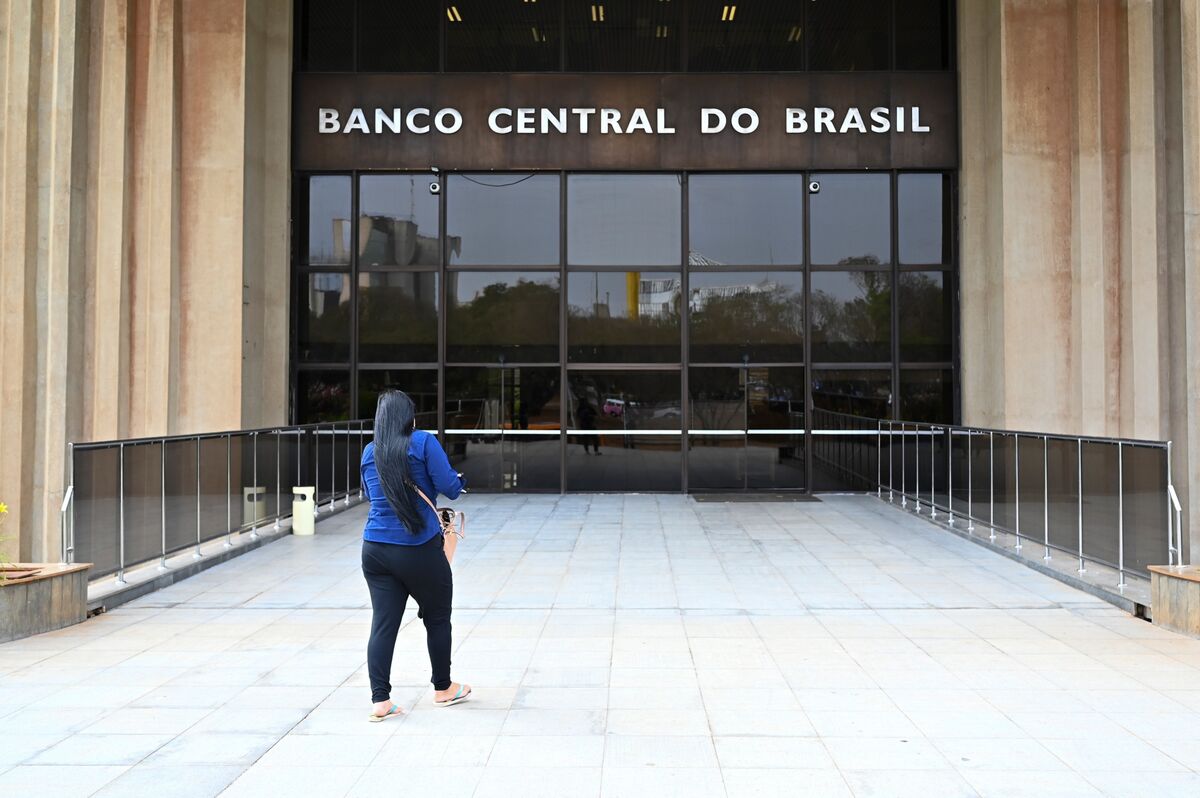Brazil’s Central Bank Tightens its Grip on Virtual Assets
By
Calder Monroe
Last updated:
November 12, 2025
First Published:
December 2, 2025

Photo: Bloomberg.com
Shifting Winds in Brazil’s Financial Landscape
The Central Bank of Brazil has taken a firm stance toward the cryptocurrency sector by tightening rules governing virtual assets. This marks a crucial step for one of Latin America’s most crypto-curious nations as it moves from enthusiasm to structured regulation. The country, known for its tech-savvy population and increasing use of digital payments, is entering a new chapter that balances innovation with accountability.
A Response to Rapid Growth in Crypto Usage
In recent years, Brazil has witnessed a sharp rise in the use of cryptocurrencies for both investment and everyday transactions. From middle-class investors seeking alternatives to inflation-affected savings to startups building blockchain-based solutions, digital assets have become part of the economic conversation. However, with rapid adoption comes rising risks. The Central Bank’s decision stems from growing concerns about unregulated platforms, potential fraud, and the impact of speculative trading on the national economy.
Defining the Boundaries of Digital Finance
Under the new regulatory adjustments, crypto service providers in Brazil will now face stricter licensing requirements and reporting obligations. The Central Bank aims to ensure that all exchanges operating within the country comply with anti-money laundering laws, transparency standards, and consumer protection rules. By creating a defined boundary between legitimate financial innovation and unregulated speculation, Brazil hopes to create a more stable environment for both investors and businesses.
Empowering the Investor Community
One of the primary motivations behind this move is investor protection. Many Brazilian citizens entered the crypto market with limited financial education or exposure to the volatility that characterizes digital assets. The Central Bank’s new measures are designed to encourage exchanges to provide clearer information on trading risks and asset custody. This shift will likely empower investors to make better decisions, fostering trust in a market that has often been perceived as opaque.
Encouraging Institutional Confidence
Beyond retail investors, institutional participants are watching closely. Banks, investment firms, and fintech companies have shown growing interest in integrating blockchain technology into their operations. A transparent regulatory structure reassures these larger players that Brazil’s crypto sector will be governed by consistent rules rather than uncertainty. This could lead to new partnerships between traditional financial institutions and digital asset platforms, further bridging the gap between old and new finance.
A Balancing Act Between Innovation and Control
The challenge for Brazil’s Central Bank is maintaining a delicate balance. Too much restriction could stifle innovation, pushing crypto startups to relocate abroad, while too little oversight could leave the economy vulnerable to financial instability. The new framework represents an attempt to manage both realities simultaneously. It seeks to encourage technological progress while ensuring that all participants operate under clear, enforceable standards.
Regional Implications Across Latin America
Brazil’s regulatory tightening could also have ripple effects across Latin America. Neighboring countries that have observed Brazil’s rapid crypto adoption may follow its lead by adopting similar rules. The region has been a hotbed for digital currency growth due to economic volatility and limited access to traditional banking. If Brazil’s model proves successful, it might serve as a template for broader regional cooperation on crypto governance.
How Exchanges Will Adapt
For local and international crypto exchanges, compliance will now become a central part of their operations in Brazil. They will need to enhance security protocols, increase transparency in asset management, and align their internal processes with the Central Bank’s expectations. While some smaller exchanges may struggle to meet these requirements, larger firms with established compliance systems are expected to benefit from a more trustworthy market landscape.
A Step Toward Mainstream Legitimacy
Rather than viewing these regulations as a constraint, many experts see them as a natural progression toward mainstream acceptance. Once digital assets are fully integrated into the regulated financial ecosystem, Brazil could emerge as a global leader in responsible crypto adoption. The country’s proactive approach demonstrates that crypto can coexist with financial stability when guided by thoughtful policy.
The Future of Digital Finance in Brazil
As these new rules take effect, Brazil stands at the forefront of a global movement redefining how governments interact with decentralized technologies. The Central Bank’s measures highlight a clear message: the era of unregulated crypto expansion is ending, and the future lies in transparent, accountable digital finance. For investors, businesses, and policymakers alike, Brazil’s decision signals the beginning of a new and more mature chapter for the cryptocurrency industry.
Popular articles
Subscribe to unlock premium content
Disney’s Timeless Magic and How the Entertainment Giant Continues to Shape Culture and Innovation

Imran Khan’s Economic Missteps Amid Political Chaos in Pakistan

The Philippines’ Digital Shift How Remittances and BPO Are Fueling Growth

Disney’s Timeless Magic and How the Entertainment Giant Continues to Shape Culture and Innovation

Imran Khan’s Economic Missteps Amid Political Chaos in Pakistan

Disney’s Timeless Magic and How the Entertainment Giant Continues to Shape Culture and Innovation









